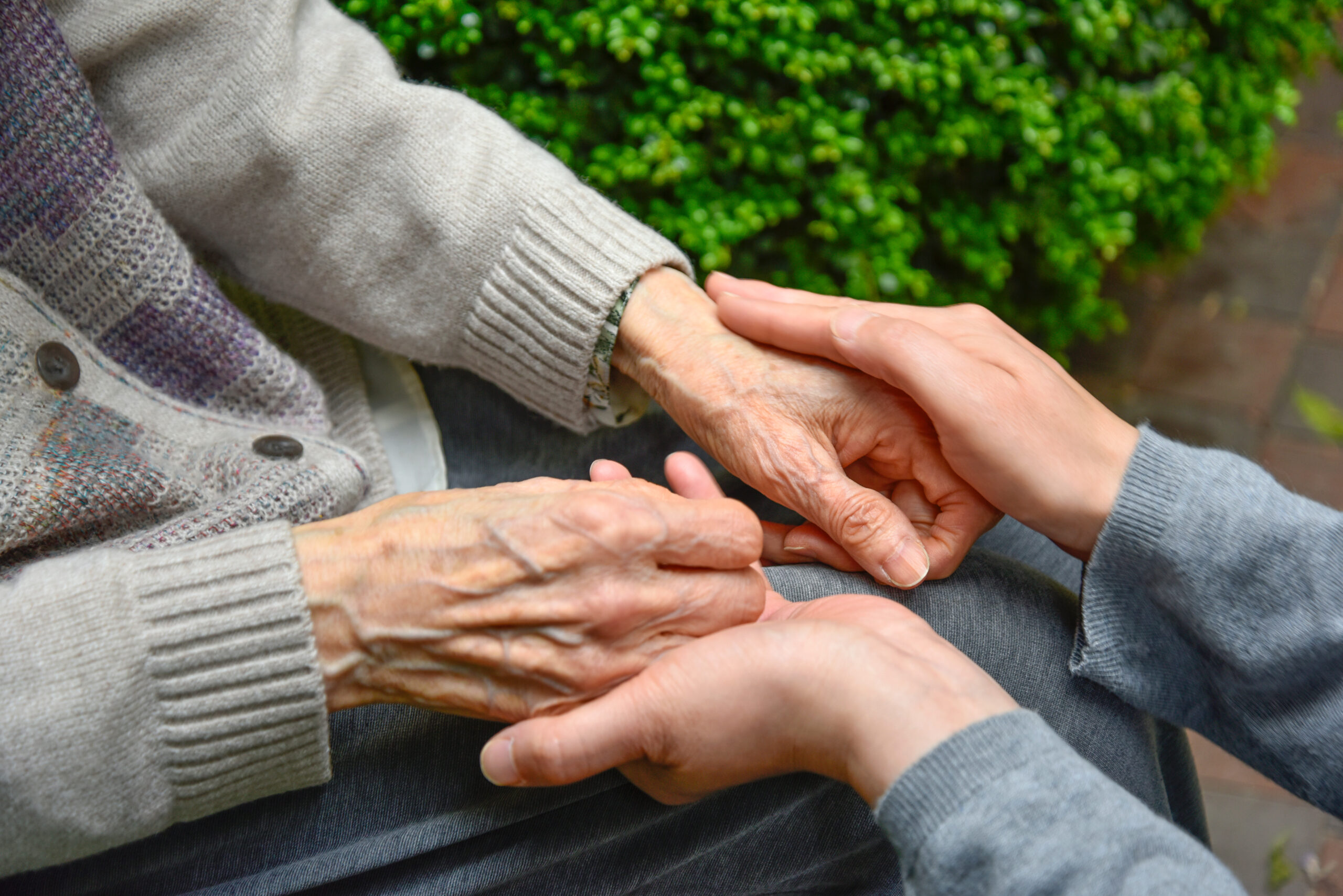How does menopause affect performing arts
Menopause is a natural phase in life that brings many changes to the body and mind, and it can have a unique impact on those working in the performing arts. For artists—whether dancers, actors, or musicians—menopause affects not just their health but also their ability to perform and express themselves.
Many women in the arts experience symptoms like hot flashes, mood swings, memory lapses, and sleep disturbances during menopause. These symptoms can make rehearsals and performances more challenging. For example, cognitive fog or memory issues might affect an actor’s ability to remember lines or cues. Mood swings can influence emotional expression on stage or screen[3][5].
Physical changes are also significant for performers who rely heavily on stamina and strength. Dancers may find their endurance affected by fluctuating hormone levels that impact muscle strength and cardiorespiratory fitness[2]. Sleep problems common in menopause reduce energy levels needed for demanding physical routines.
Despite these challenges, menopause has inspired new creative expressions within the arts community. Productions like *Menopause The Musical* humorously explore the joys and struggles of this life stage through song and storytelling[3]. Similarly, projects such as *The Menopause Monologues* invite artists to share personal experiences with menopause through performance art[1].
Some well-known performers have spoken openly about navigating midlife hormonal changes while maintaining their careers. Actress Tracee Ellis Ross has described how perimenopause affects her brain function but also embraces this time as empowering[5]. Beyoncé emphasizes prioritizing nutrition and self-care over pushing physical limits when needed during such transitions[5].
In summary:
– Menopausal symptoms like hot flashes, mood swings, cognitive fog, sleep disruption affect performing artists’ mental focus and physical stamina.
– Physical demands of dance or music may become harder due to hormonal impacts on strength and fitness.
– The arts community is increasingly addressing menopause openly through performances that blend humor with real-life stories.
– Prominent female performers highlight adapting self-care routines while continuing creative work during midlife shifts.
Menopause does not mark an end for artists; rather it often becomes a new chapter inspiring resilience, creativity, advocacy for better understanding of women’s health in performing arts professions.





